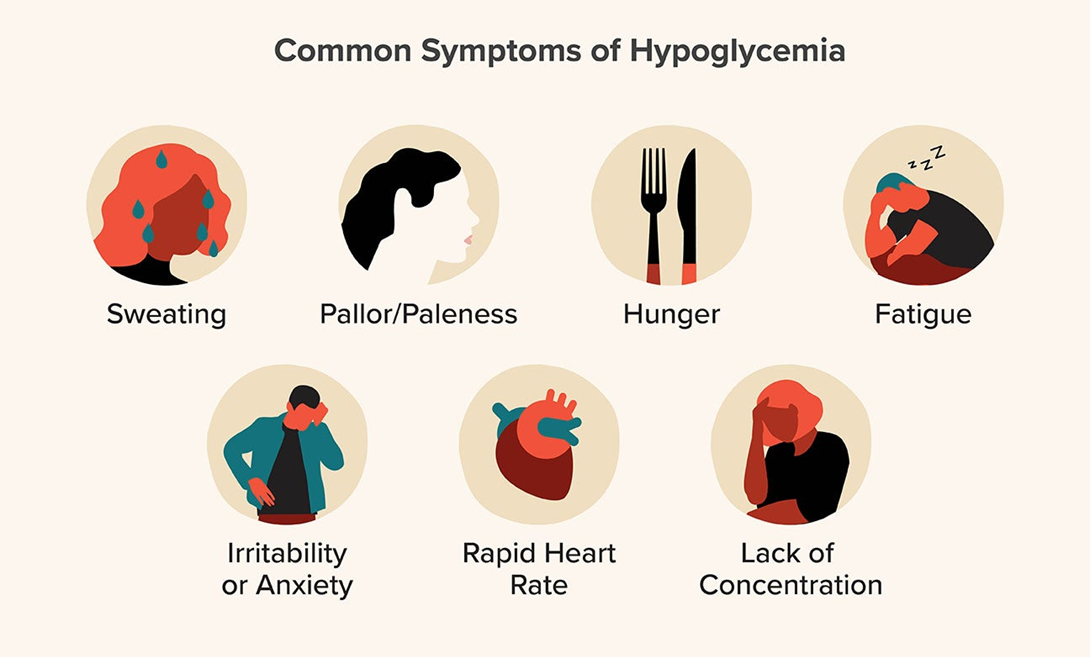A nurse is counseling a client who has a new diagnosis of chlamydia. Which of the following information should the nurse include in the teaching? (Select all that apply)
You should avoid sexual contact until therapy is complete.
Notify anyone with whom you have had sexual contact over the past 2 months.
You will need to take an antiviral medication for 30 days.
Once you complete treatment, you will have an acquired immunity against chlamydia.
You might experience painful urination until the infection has resolved.
Correct Answer : A,B,E
Choice A reason: You should avoid sexual contact until therapy is complete. This is to prevent the transmission of the infection to others, and to avoid reinfection or complications. The usual treatment for chlamydia is a single dose of an antibiotic, such as azithromycin or doxycycline. You should abstain from sexual activity for at least 7 days after taking the medication.
Choice B reason: Notify anyone with whom you have had sexual contact over the past 2 months. This is to inform them of their possible exposure to the infection, and to encourage them to get tested and treated if necessary. Chlamydia is a sexually transmitted infection that can cause pelvic inflammatory disease, infertility, ectopic pregnancy, and neonatal complications. It can also increase the risk of acquiring or transmitting other STIs, such as HIV.
Choice C reason: You will need to take an antiviral medication for 30 days. This is not a correct information that the nurse should include in the teaching. Chlamydia is a bacterial infection, not a viral infection. Antiviral medications are not effective against chlamydia, and are not indicated for its treatment.
Choice D reason: Once you complete treatment, you will have an acquired immunity against chlamydia. This is not a correct information that the nurse should include in the teaching. Chlamydia does not confer immunity, and you can get infected again if you are exposed to the bacteria. You should get tested for chlamydia at least once a year, or more often if you have multiple or new sexual partners.
Choice E reason: You might experience painful urination until the infection has resolved. This is a correct information that the nurse should include in the teaching. Chlamydia can cause inflammation and irritation of the urethra, which can result in dysuria, or painful or difficult urination. Other symptoms of chlamydia may include abnormal vaginal or penile discharge, lower abdominal pain, bleeding between periods, or pain during sex. However, some people may not have any symptoms, and may not know they are infected. Therefore, it is important to get tested regularly and to use condoms to prevent the spread of the infection.
Nursing Test Bank
Naxlex Comprehensive Predictor Exams
Related Questions
Correct Answer is D
Explanation
Choice A reason: Oliguria is not a condition that a nurse should expect in a client who has hypoglycemia. Oliguria is a reduced urine output, typically defined as less than 0.5 ml/kg/hour in an adult³. Oliguria can be a sign of dehydration, kidney failure, or urinary obstruction, but it is not related to low blood sugar levels.
Choice B reason: Diplopia is not a condition that a nurse should expect in a client who has hypoglycemia. Diplopia is a double vision, or seeing two images of a single object. Diplopia can be caused by various eye problems, such as strabismus, cataracts, or nerve damage, but it is not a common symptom of low blood sugar levels.
Choice C reason: Hypoglycemia is not a condition that a nurse should expect in a client who has hypoglycemia. Hypoglycemia is the condition itself, not a symptom. Hypoglycemia is a low blood sugar level, usually below 70 mg/dl. Hypoglycemia can result from taking too much insulin or other diabetes medications, skipping or delaying meals, exercising more than usual, or drinking alcohol.
Choice D reason: Dizziness is a condition that a nurse should expect in a client who has hypoglycemia. Dizziness is a feeling of lightheadedness, faintness, or unsteadiness. Dizziness can occur when the brain does not receive enough glucose, which is its main energy source. Dizziness can also be accompanied by other symptoms of hypoglycemia, such as confusion, hunger, sweating, shakiness, or weakness.

Correct Answer is D
Explanation
Choice A reason: Middle Eastern cultural practices do not necessarily include hiding pain from close family members. Some Middle Eastern cultures may express pain openly and seek support from family and friends, while others may prefer to endure pain stoically and privately.
Choice B reason: Native American cultural practices do not always include being outspoken about pain. Some Native American cultures may view pain as a natural part of life and a test of endurance, while others may seek relief from pain through traditional healing methods.
Choice C reason: Puerto Rican cultural practices do not always include the view that outspoken expressions of pain are shameful. Some Puerto Rican cultures may express pain loudly and dramatically, while others may use humor and distraction to cope with pain.
Choice D reason: Asian cultural practices often include suppressing pain to avoid burdening others. Many Asian cultures value harmony, collectivism, and self-control, and may perceive pain as a sign of weakness or dishonor. They may also believe that pain has a spiritual or karmic origin and should be accepted.
Whether you are a student looking to ace your exams or a practicing nurse seeking to enhance your expertise , our nursing education contents will empower you with the confidence and competence to make a difference in the lives of patients and become a respected leader in the healthcare field.
Visit Naxlex, invest in your future and unlock endless possibilities with our unparalleled nursing education contents today
Report Wrong Answer on the Current Question
Do you disagree with the answer? If yes, what is your expected answer? Explain.
Kindly be descriptive with the issue you are facing.
